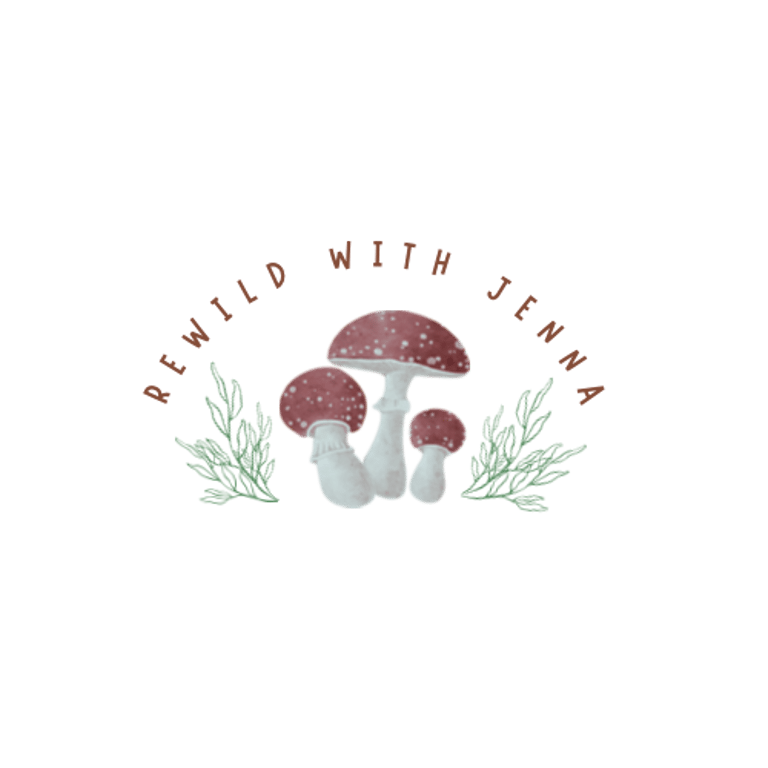Musings on meditation
The world is a busy place these days. It often feels impossible to find a couple free minutes in the day to spare. It is beautiful how the science and spiritual collide to help us in moments like this.
9/26/20246 min read


There is this zen proverb about meditation, that I’m sure most of you have heard some version of. I honestly couldn’t find the exact quote but here is the gist of it, “You should meditate for 20 minutes a day, unless your too busy, then you should meditate for an hour.” At first, this makes zero sense. If I’m too busy to sit still for 20 minutes, where am I going to find 40 more minutes out of my day. But fun fact, there is a lot of wisdom hidden in this little proverb that science is just now unraveling.
I am constantly blown away studying Yoga. I will be studying a concept or idea with my teacher and realize that what a Yogi said thousands of years ago explains what the scientific world is just beginning to uncover with research. It constantly reminds me that I live in a world that centers a certain type of knowledge. This type of knowledge, science, has historically been dominated by rich white men. If science can’t prove it, then it must not be real, right?! Not so fast.
I could go on and on about how colonization has attempted to discredit and erase indigenous wisdom as far back as we can see. But that conversation tends to get dark and icky really fast so I’m going to veer left.
Instead, I would much rather stand in awe and reverence of how well many traditional spiritual paths understood human nature. One of my yoga teachers calls yoga the first science of self help and I don’t disagree. Yogi’s know the anatomy of a human incredibly well, and I’m not just talking about the physical body. Some people think that science and the spiritual cannot coexist but that simply is not true. As Louis Pasteur famously said, “A bit of science distances one from God, but much science nears one to Him.”
I have found this to be true with great frequency for me. I will dive into something through the scientific world and somehow I surface in the spiritual realm. It is truly a beautiful process and constantly brings me to a state of awe. To make my way back to the first zen proverb though. How can meditating more be beneficial to someone who is too busy? To me, this is really fascinating science, but I have also felt this from my lived experience. Let me do my best to explain.
When we are busy, we are often pushed into survival mode aka sympathetic or fight or flight mode in our nervous system. When we are in survival mode, the prefrontal cortex of our brain receives less blood flow. This is the area of the brain that is responsible for higher level executive functioning. You know, the logic and reasoning part of our brain, things that are helpful when we are busy. When this part of our brain receives less blood flow, it doesn’t work as well as it could. This is why when we are in survival mode, we cannot always think straight and make logical decisions well. It can also explain constant brain fog, mental exhaustion and burnout that often happens with chronically being in survival mode.
If we are too busy in our every day lives, it often means our body and brain do not feel safe. Being too busy, thinking there is not enough time to do everything that we need to get done, makes the brain think we might not survive. At the end of the day, the brain is not a thinking organ, it is a survival organ. In a convoluted way, we can think our way into survival mode when we aren’t careful.
But wait a minute, why would our body do this? How can decreasing the blood flow to part of our brain help us survive? First of all, our physiological responses to stress have evolved to be helpful and necessary. But (this is a really big but!) these responses are supposed to be very short lived. As a short term response to stress, less blood flow to our thinking brain allows more blood to travel to the part of our brain that controls reflexive responses. In a perfect world, we would reflexively respond to the stressor, seek safety and effectively ending this physiological response, normalizing blood flow to all parts of the brain. This entire cascade of events can happen in less than a minute.
The problem today is that often our stressors are not alleviated by reflexive responses. Our system is primed to fight, flee, freeze or play dead. These responses worked great in survival situations of the past but don’t help much when it comes to traffic, work drama and phone notifications of todays world. And like I said before, when we are in a perpetual loop of thinking we are too busy, we think our way into a survival response even if there is no actual threat present. In essence, we are pushing our body and mind into a perpetual state of survival mode. A mode that is designed to last minutes is now lasting years.
Yes, this can be as detrimental to our health as it sounds. Yes, this is an incredibly inefficient way to move through the world. Also yes, there is a lot we can do to remedy this situation. Again, in this state, the part of our brain that makes us most human, where logic, reasoning and thoughts live, is essentially turned off. While there are many ways to move out of survival mode and back into a state where our brain is fully operational, I bet you can guess one scientifically proven way?! Meditation, of course.
Meditation, silence, prayer, whatever you want to call it, has a long history as part of basically every religion and spiritual practice. This is not a random coincidence by any means. It has been understood, far before science “proved” it, that meditation creates physiological changes within our mind, body and nervous system. When we take time to quiet our environment, go inward and clear our minds, we become more efficient. All of a sudden, we can come out of survival mode and into a more regulate state, thriving mode.
Meditation has been shown to alter the blood flow in the brain and even change the density of tissues in the brain when practiced long term. This is why a zen proverb from thousands of years ago said if you’re too busy to meditate for 20 minutes, you need to meditate for an hour. Our brains will always work best when being fully oxygenated by good blood flow. As humans, we operate best in a regulated state.
Personally, I have quite a bit of experience with survival mode. Much of my life was spent somewhere in this state. I will be honest, there are many so called gifts and talents that arise from living in this state that are praised in todays world. In a culture of high achieving, production, and perfectionism, survival mode keeps many people supposedly thriving. Until the dreaded burnout happens, and let me tell you, it always will. I wont delve fully into it, but I do not know if it is possible to live in many of our current environments without being in survival mode to a degree. Our world today is far from easy to navigate and thrive in.
As I have clearly stepped very far back from this world of survival mode, I have found how different it can be. After months of adjusting, my mind and body finally found their way out of survival mode and into thriving mode. The clarity, calm and softness that exists here was unfathomable to me several years ago. I can whole heartedly confess that my brain has been altered by my meditation practice. My brain functions better here, especially when I stopped thinking my way into survival mode with old outdated beliefs. But that is another conversation for another day.
It took a lot of time and effort and the path was full of ups and downs but the journey is very much worth it. I do not even practice as long as the science says we should to see positive results. For nearly two years, my practice was five minutes most days. And even then, I felt the benefit. Now, I sit for at least 20 minutes a day, which is still a fraction of my day. But I know that it is one of the strongest anchors I have to myself these days.
I find that I have naturally started to bring a short meditative space into any moment of the day where I am feeling overwhelmed. Sometimes it is simply one intentional breath. Such a tiny gesture, but it has made a big difference in my life. One moment of calm before the chaos seems to prime my brain to operate more efficiently. And if you don’t trust me, there is plenty of science to back this up.
For me, this is all just a reminder that there are many ways to learn. I have studied meditation for quite some time now. I have likely come across this zen proverb multiple times in my life. But today, as I write this, it all becomes connected for me. The science and the spiritual wisdom, all intertwined. How beautiful is this world of ours?! How lucky are we to experience it.
I suppose this is a gentle reminder to get curious next time you feel like you are too busy. Is your brain operating in survival mode or thriving mode? What would help you most to move forward with ease and efficiency? My guess is, one intentional and deep breath would not hurt.
I will leave you with this saying I heard recently. “If you steady your breath, you steady your mind, which will steady your actions.” Perhaps the fastest way forward is to actually slow down.
